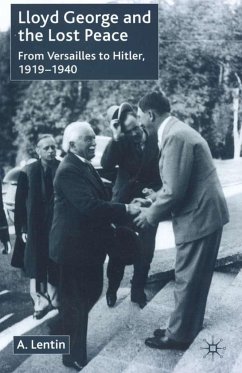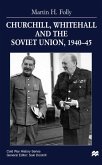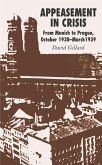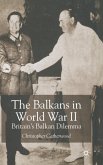This lively and original book critically re-examines Lloyd George's part, crucial but enigmatic, in the 'lost peace' of Versailles, 1919-1940. In a re-examination of six key episodes 1919-1940, it reviews his protean role at the Paris Peace Conference, 1919, his strategy on reparations, his abortive guarantee-treaty to France, and the emergence at the Conference of 'Appeasement'. It then reassesses his controversial visit to Hitler, and his bids to halt World War II after the fall of Poland and France.
'Professor Lentin's study covers not only Lloyd George's well-known involvement in the treaty of Versailles negotiations, but also the less well-documented part he attempted to play in the appeasement of Hitler. What shines through the study is the personality of Lloyd George himself, not only in enforcing his will on the other negotiators at Versailles, but in the fluency and persuasion wich were described by Hitler himself as 'psychological masterpieces in the art of influencing the masses'.' - Carolyn Kitching, The Historical Association
'...a delight to read...' - Michael Graham Fry, International History Review
'...a short, intelligent and stimulating study of Lloyd George's post-Versailles career...' - Sunday Telegraph
'...a delight to read...' - Michael Graham Fry, International History Review
'...a short, intelligent and stimulating study of Lloyd George's post-Versailles career...' - Sunday Telegraph








